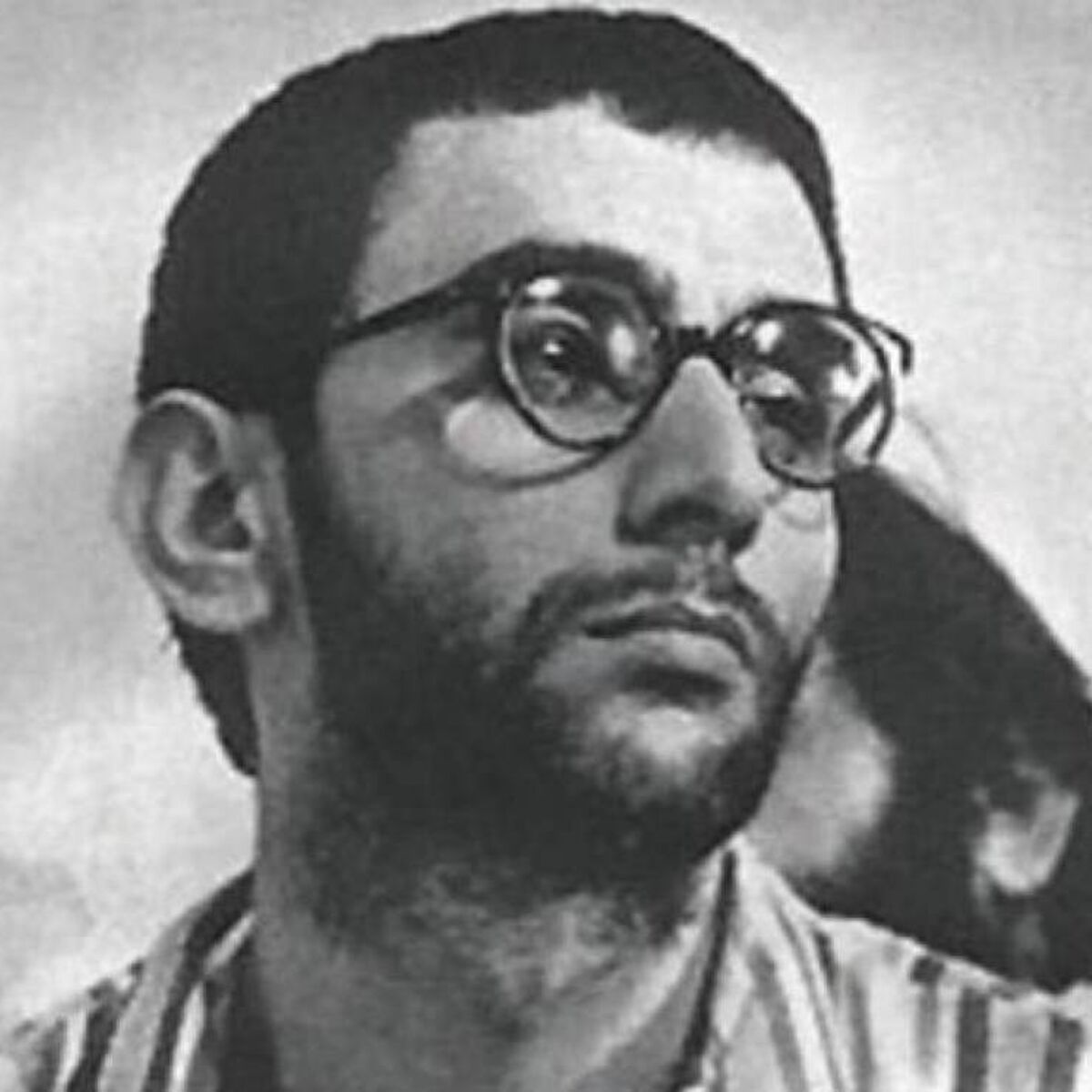
Introduction
Ziad Rahbani is a name synonymous with innovation in the realm of Arabic music and theatre. A multifaceted artist from Lebanon, he has made significant contributions as a composer, playwright, and musician. His unique blend of traditional Arabic elements with modern influences has garnered a dedicated following, making him a pivotal figure in contemporary Middle Eastern culture. With the recent milestones in his career, understanding his impact becomes ever more relevant in today’s artistic landscape.
Early Life and Career
Born in 1956, Ziad Rahbani is the son of renowned singer Fairuz and musician Assi Rahbani, which undoubtedly shaped his musical journey. His artistic career kicked off in the 1970s, during a tumultuous time in Lebanon’s history. Ziad harnessed the situation to express his thoughts through music and theatre, creating works that resonated with the struggles and aspirations of the Lebanese people.
Musical Style and Impact
One of the defining characteristics of Ziad Rahbani’s music is his ability to blend genres. His compositions often incorporate elements of jazz, classical, and folk music, creating a sound that is both diverse and accessible. Songs such as “Kifak Inta” and expanded theatrical productions have left an indelible mark on Arabic music. Rahbani’s lyrics frequently touch on social and political themes, reflecting the realities of life in the Arab world. His fearless approach has garnered respect from fans and critics alike, allowing him to remain an influential voice in the industry.
Recent Developments
Recently, Ziad Rahbani has been in the limelight due to his renewed focus on live performances and collaborations with fellow artists. In 2023, he returned to the stage after several years, captivating audiences with his classic hits reimagined for modern sensibilities. Additionally, his part in promoting young talent in the Lebanese music scene has showcased his commitment to fostering a thriving arts community. This year also saw Rahbani releasing new music that continues to explore personal and societal themes, further cementing his role as a leading figure in Arab culture.
Conclusion
The legacy of Ziad Rahbani is not only defined by his musical talent but by his unwavering dedication to using art as a platform for cultural expression and commentary. As he continues to embrace new challenges, his influence will likely inspire future generations of artists. For anyone interested in the intersection of music, theatre, and social dialogue, following Ziad Rahbani’s journey presents not just a glimpse into the past but also valuable insights into the future of Middle Eastern culture.
You may also like

The Artistic Journey of Florence Welch

Exploring the Life and Career of Lauren Laverne

The Artistic Journey of Noah Sadiki
SEARCH
LAST NEWS
- Remembering Wendy Richard: The Promise to Co-Star Natalie Cassidy
- How Did Anglian Water Achieve an ‘Essentials’ Rating for Mental Health Accessibility?
- Shai Hope Leads West Indies in T20 World Cup Clash Against South Africa
- What We Know About Weston McKennie: Future at Juventus and Past at Leeds
- What We Know About the Upcoming Live Nation Antitrust Trial